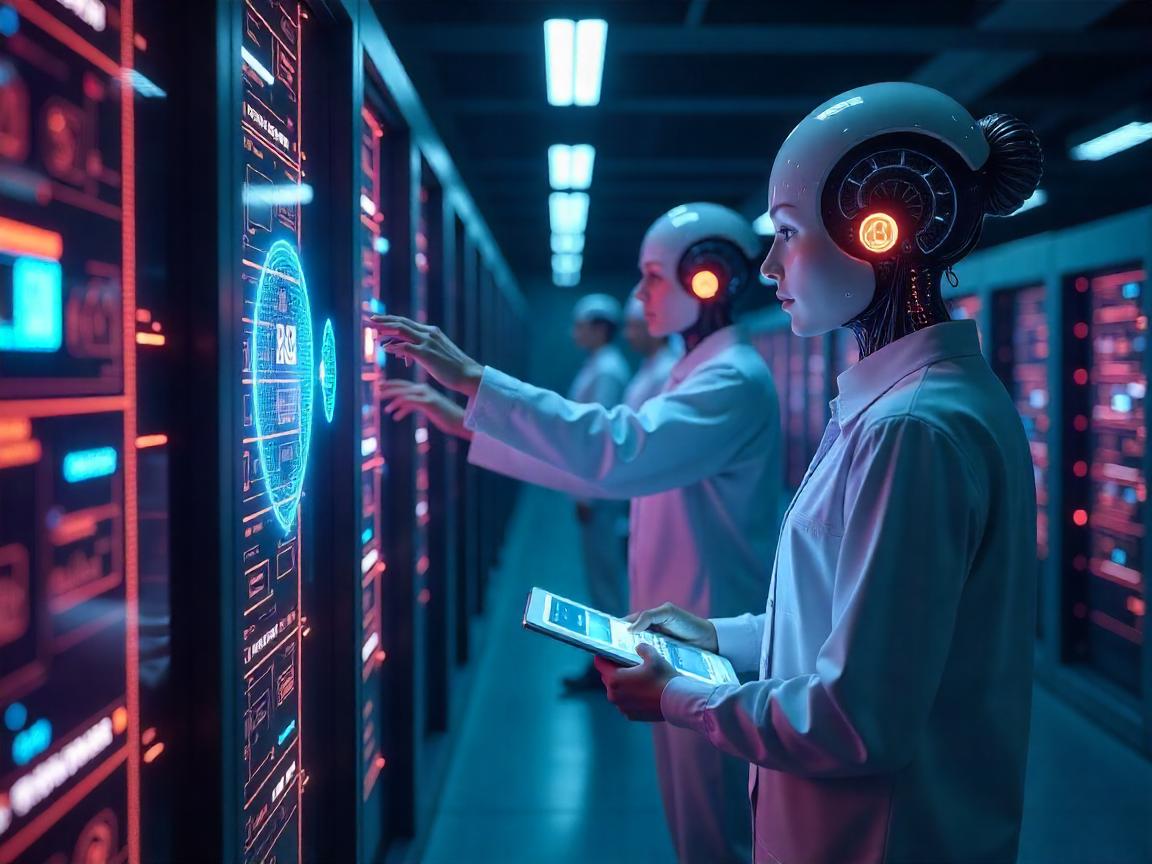
When AI Becomes the Insider Threat
Consider if an AI tool was used to finish financial reports, look at customer accounts or apply code updates, yet there was no security login involved. While trying to introduce AI in every part of their organization, companies tend to overlook the fact that AI systems can face security threats just as people can. The difference? Compared to personal accounts, business accounts usually allow more use and less restriction. We should wonder why AI agents aren’t held to the same security standards as people they interact with in the workplace.
As AI systems gain independence, to just use them as tools in the background is outdated and dangerous at the same time. To solve this risk, organizations must begin by updating identity access with multi-factor authentication for non-human users.
Why AI Agents Need MFA—Right Now
AI agents are now able to handle more than niche areas. They are using coding, running databases, studying how customers feel and making business decisions. Still, unlike people, bots usually don’t go through identification and sometimes they avoid providing even an access token.
If MFA is not used, an AI agent is easily compromised. A way that may not be noticed, but can be used by attackers to access confidential systems. Most of these agents run constantly, able to launch actions without any authorization. Instead of just an issue, that’s a crisis in the making.
Another reason why this is pressing is the increased complexity of attacks. Dangerous actors are switching to target machine identities instead of users. Being without oversight, AI agents are extremely appealing targets.
Rethinking MFA for AI: Beyond Passwords and Phones
Verify-Me scanners for people often make use of different devices, biometric features or sending verification codes via SMS. AI agents do not follow those rules. If not picking up a phone or scanning a finger, what can be used to confirm someone is who they say they are?
Some organizations are attempting to use innovative expertise:
- Chains that use tokens, changing as time, circumstances and the interactions of people evolve.
- A certificate-based model, through which agents can sign and confirm their id every time they perform a transaction.
- Engines built for anomaly detection examine how, when and from where an agent operates and they can raise flags for access restrictions.
The purpose is to imitate how effective human authentication is. They let you confirm that whoever is representing the company is really the person authorized to do so.
Real-World Lessons: What Early Adopters Are Doing Right
A number of companies have already put in place MFA for their AI systems. Their comments are extremely helpful.
In one situation, a financial business started using behavioral checks powered by machine learning for their AI agents. They are designed to check the number of API requests, how requests are made and the sequence of accessing data. Deviations in behavior are noticed and as a result, the system may penalize the user by either doubting the user’s identity or taking away access for some time.
A company looking after sensitive customer information relied on digital certificates that automatically expired. Because of this, all agents have to re-authenticate within a specified time period. It operating seamlessly while keeping credentials active and available for review.
Clearly, intelligent AI MFA can work smoothly without leading to disruptions.
A Shift in Perspective: More Than a Security Patch
A lot of people view MFA for AI as a typical security patch. However, this position undervalues the overall effects.
This is mostly about trusting digital technologies. When AI agents have roles affecting your business and customers, you should care for their identities. Earning your MFA turns into a way to state that your company accounts for the latest trends in technology.
Many specialists also propose that AI agents should need to be continuously authenticated. Not verifying the organization once, but checking if it can be trusted over time. Just as banks notice unusual activities, companies should see signs of abnormal AI behavior and ask for another ‘authentication’ in real time.
This allows the development of an environment where all identities are respected, whether human or non-human.
Don’t forget: Secure the AI system Before It Secures you
The time of AI-powered businesses is arriving right now. Still, having such power means there is a new set of responsibilities for them. You wouldn’t give a new employee access to your servers without id verification, so why should AI be any different?
MFA for AI agents needs to be handled carefully since it protects the business. It involves preparing your company for risks that have not appeared yet. As you start to rely on your AI the most, its mistakes could hurt you unless you properly manage it.
Before your AI starts acting crazy, make sure your most reliable employee is really safe.